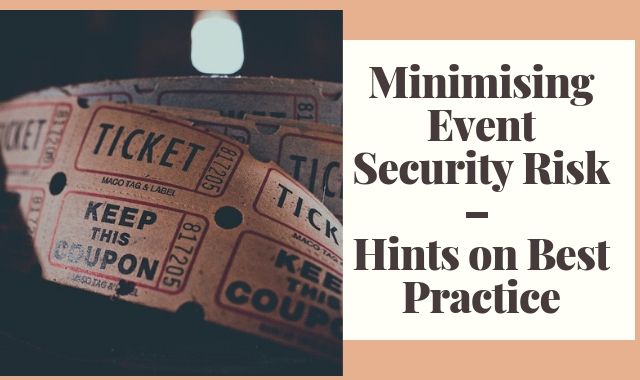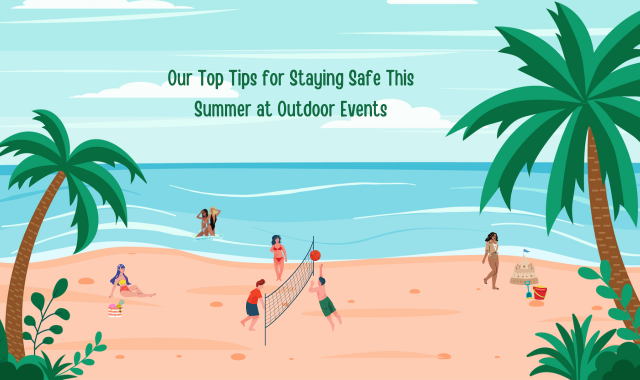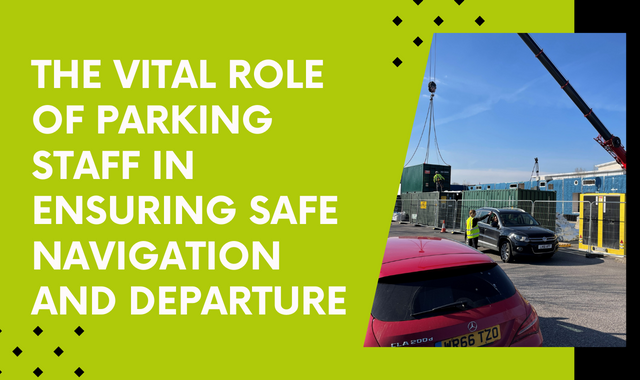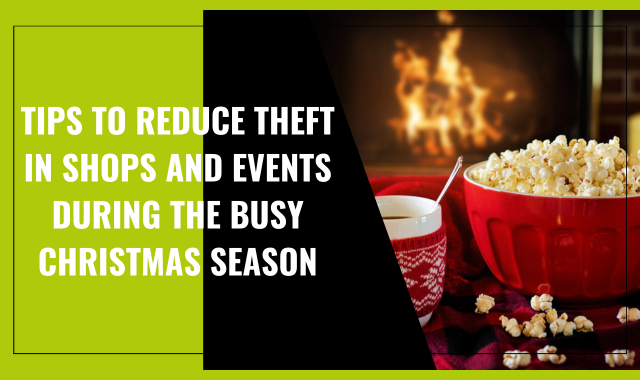Our Top Tips for Staying Safe This Summer at Outdoor Events Summer is the perfect…

Minimising Event Security Risk – Hints on Best Practice
Minimising Event Security Risk – Hints on Best Practice
Event security matters but it is more than just dotting a few event security personnel around the venue. For this reason, event organisers rely on event security agencies like us to deliver the level of security they need – and more!
The importance of event security planning
It is essential that time and effort is spent on planning event security management some time before the event is scheduled to begin – the bigger the event with more attendees expected, the earlier this planning process starts the better.
Essentially, this process determines;
• The level of appropriate event security
• The type of event security as indoor events for 100 people will need a different approach to a four-day outdoor festival in which thousands of people are expected to attend
With these two steps complete, a detailed event security plan needs to be drawn up which includes a timeline of what needs to happen and by when, and by whom.
On-the-day best event security practice
With a plan in place, the event security team who are tasked with keeping your event safe and secure will need to not only be a party to this plan but also what should and shouldn’t happen. Arriving fully briefed, event security teams will need to;
#1 Know the venue inside and out
This includes knowing how people can get in and out of the venue, both official and non-official entry and exit points. Supplying each team with a detailed map of the venue with these details clearly marked is one way of ensuring familiarity with the venue.
#2 Know ‘attendee risks’
Not all events we provide security for are music or food festivals. Occasionally, we are asked to provide event security at rallies and other promotional and sporting events. Some of these events come with their own level of controversy and that means event security staff need to be aware of ‘attendee risk’. Being aware means being ready to intercept and to act, using appropriate methods and interventions.
#3 Manage the crowd
This isn’t just about behaviour but ensuring that as a body, it is not causing issues for the safe operation of the event. For example, asking people to move away from fire exits, managing queues so there are no ‘jumpers’ leading to altercations and of course, ensuring people don’t stray into private or VIP areas.
#4 Understand the risk of large scale attacks
Frightening it may be but as event security staff are in the front line, understanding the behaviour that a potential attacker can display is one tool for thwarting an attack. Acting agitated, sweating, looking around excessively, staring at event security staff, not engaging in activities are just a few behaviours that attackers have demonstrated in the past.
#5 Maintain constant communication throughout the team
Central to event security is tight communication between all team members at all time and between the event security team and the festival or event organising team too. Creating a communication diagram is a great visual map for everyone to consult during the event so communications remain smooth and useful.
In summary
Event security matters. Festival and events are well-attended by the public in the UK and is a lucrative strand of the economy too. But ensuring events and festivals are safe falls to organisers working closely with an experienced event security agency to a detailed plan.
GET IN TOUCH


